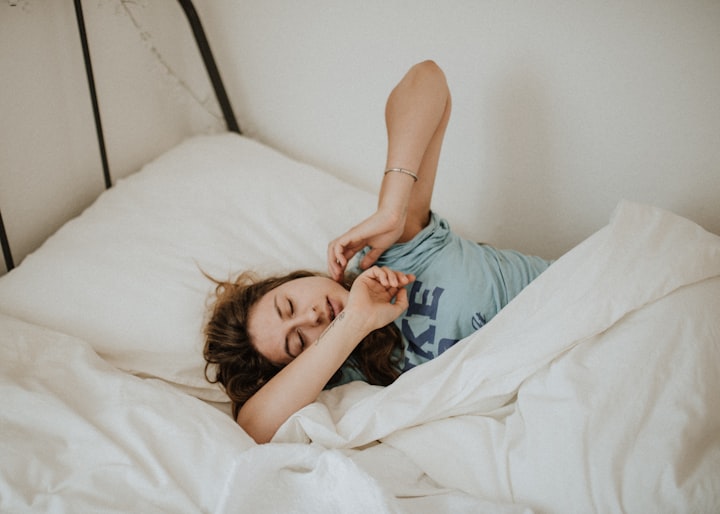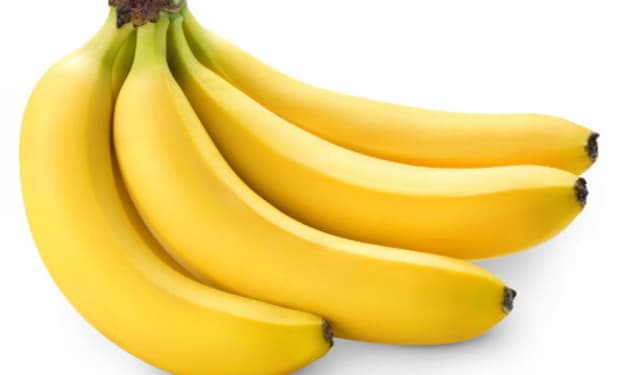Science Behind Getting a Good Night's Sleep
Science Behind Getting a Good Night's Sleep

We all know that getting a good night's sleep is important for our health and well-being, but do we really know why? In this blog post, we'll explore the science behind getting a good night's sleep, and why it's so important for our overall health.
Sleep and the Brain
Sleep is essential for our brain to function properly. When we sleep, our brains are actually quite active, processing and consolidating the information we've acquired throughout the day. This helps to strengthen our memories and improve our ability to learn.
One of the key processes that occur during sleep is the formation of new neural connections. This happens during a phase of sleep called slow-wave sleep, where our brain waves slow down and become synchronized. During this phase, our brain is busy consolidating memories and processing information from the day.
Another important process that happens during sleep is the removal of waste products from the brain. This includes the buildup of a protein called beta-amyloid, which is associated with Alzheimer's disease. When we sleep, our brain cells actually shrink, allowing for the removal of waste products more efficiently.
Sleep and Hormones
Sleep is also important for regulating the hormones in our body. One of the key hormones that is affected by sleep is cortisol, which is often referred to as the "stress hormone". When we don't get enough sleep, our cortisol levels can increase, which can lead to feelings of stress and anxiety.
On the other hand, when we get enough sleep, our body produces more of another hormone called melatonin. Melatonin helps to regulate our sleep-wake cycle, making it easier for us to fall asleep and stay asleep throughout the night.
Another important hormone that is affected by sleep is leptin, which is responsible for regulating our appetite. When we don't get enough sleep, our leptin levels decrease, which can lead to increased feelings of hunger and a greater likelihood of overeating.
Sleep and Physical Health
Getting enough sleep is also important for our physical health. During sleep, our body is busy repairing and rejuvenating itself. This includes repairing damaged tissues and strengthening our immune system.
One of the key physical benefits of sleep is its role in regulating our metabolism. When we don't get enough sleep, our body's metabolism can slow down, making it more difficult to lose weight or maintain a healthy weight. This can also lead to an increased risk of developing conditions such as obesity and type 2 diabetes.
Sleep and Mental Health
Sleep is also important for our mental health. When we don't get enough sleep, we can experience a range of negative effects, including mood swings, irritability, and anxiety.
Sleep deprivation has also been linked to an increased risk of developing depression. This is because sleep helps to regulate the production of hormones such as serotonin and dopamine, which are essential for our mood and emotional well-being.
Tips for Getting a Good Night's Sleep
Now that we've explored the science behind getting a good night's sleep, let's take a look at some tips for improving the quality and quantity of your sleep:
Stick to a sleep schedule: Try to go to bed and wake up at the same time each day, even on weekends.
Create a bedtime routine: Establish a relaxing bedtime routine that can help signal to your body that it's time to sleep. This might include taking a warm bath, reading a book, or practicing relaxation techniques.
Limit screen time: The blue light emitted by electronic devices can interfere with your body's natural sleep-wake cycle. Try to avoid using screens for at least an hour before bedtime.
Create a sleep-conducive environment: Make sure your bedroom is dark, cool, and quiet. Invest in comfortable bedding and a supportive mattress and pillow.
Avoid caffeine and alcohol: Both caffeine and alcohol
About the Creator
Arun Ramasamy
Nature Lover, Just go with the flow, techno freek.
Do what you can.. don't when you cannot.






Comments
There are no comments for this story
Be the first to respond and start the conversation.